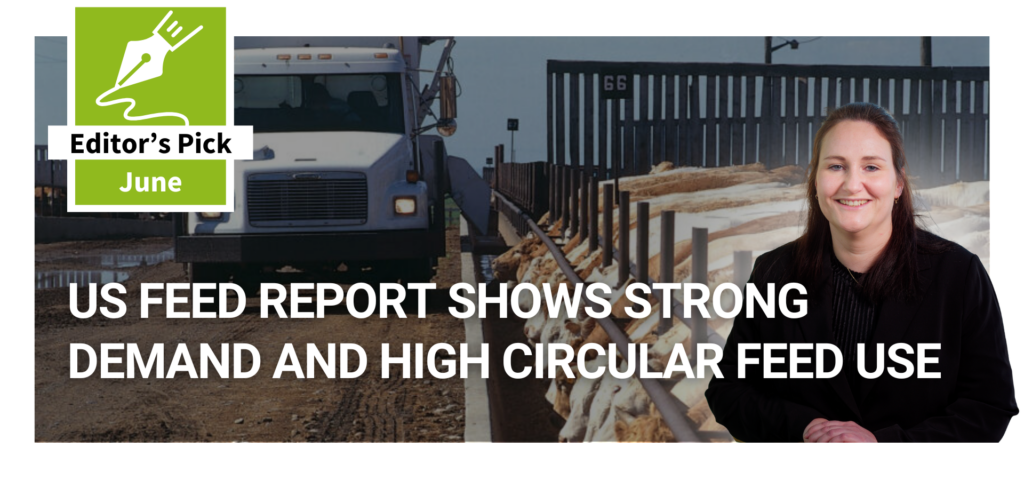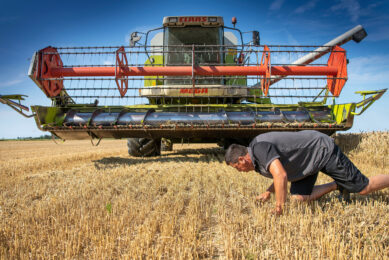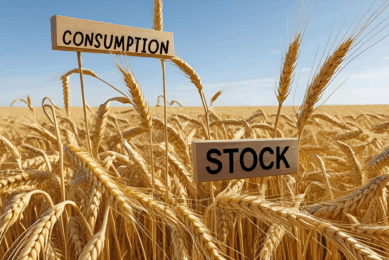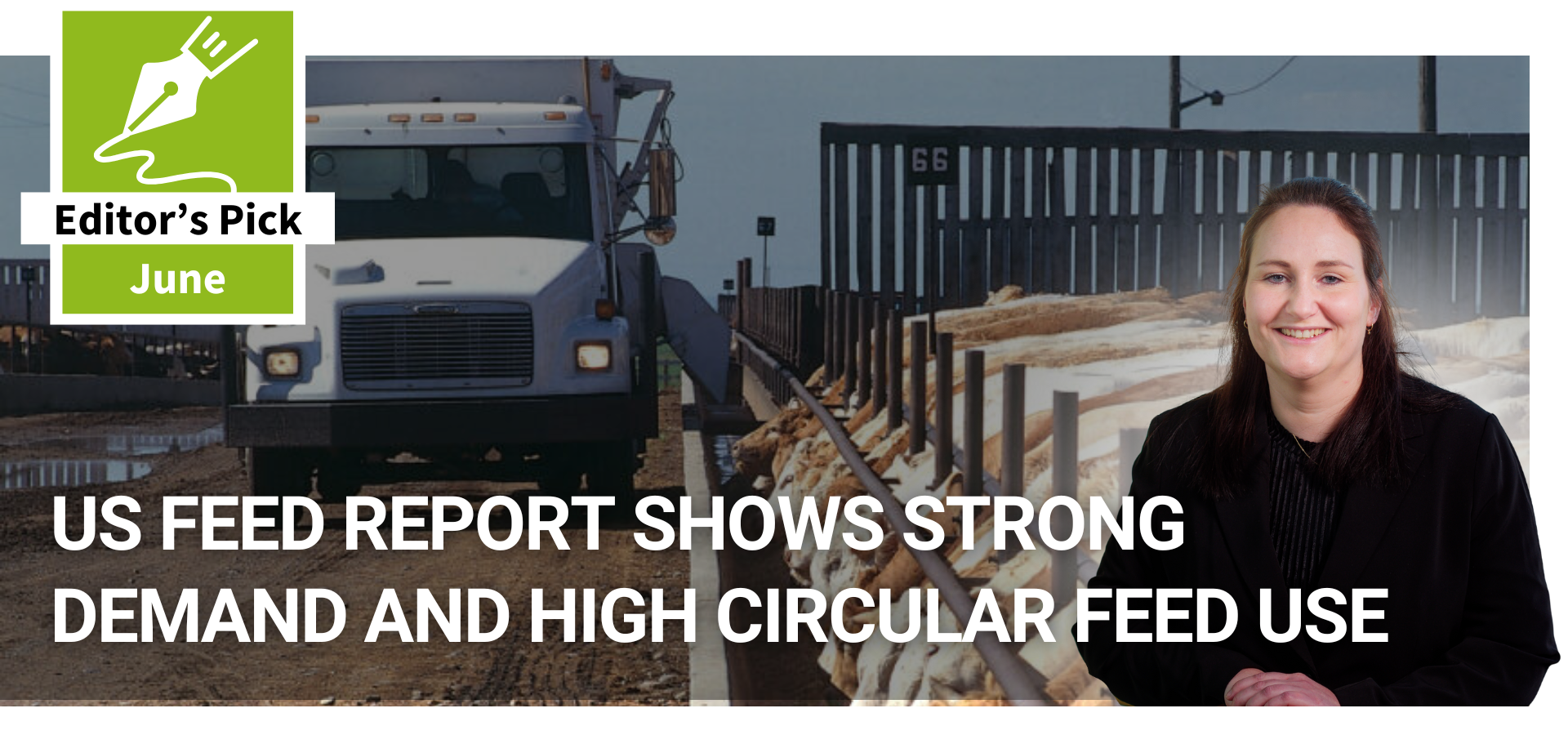EU feed makers switch to cheap maize
Tight world supplies of wheat are forcing EU traders to switch massively to cheaper maize (corn).
animal feed – are more than €100 a tonne above last year’s levels. Maize is
currently €10 to 20 a tonne. “The good maize harvest in west Europe has provided
a safety valve for feed maker struggling with high prices for other grains”, one
German trader said. Most of the maize is coming from outside the EU, which has
been made a lot easier after the EU cut its maize import
tariffs.
Situation in France
Animal feed makers in
France have increasingly turned to domestically produced maize rather than other
cereals thanks to its unusually low cost, French traders said. “The situation
has been completely abnormal. Maize is without doubt the cheapest cereal out
there,” said a French trader. French maize from regions to the north of Paris
and the centre of the country currently costs around €20 less than barley or
feed wheat, a trader said.
Situation in UK
Feed
compounders in Britain are also using more maize in response to high feed wheat
prices although it is Brazil rather than continental Europe which has mainly
benefited, British grain traders said. UK imports of maize in July and August
totalled 209,215 tonnes, up from 164,561 tonnes in the same period last year,
official figures show. Traders said they believed Brazil was the main supplier.
British traders stressed compounders were limited in the amount of maize they
could use, especially in poultry feed as meat can turn yellow if birds eat too
much maize.
More wheat for export?
Some traders believe the
heavy use of maize could mean more EU wheat exports. “The tonnages of maize
being used for feed ingredients seem to be huge,” one German trader said. “If
maize is being used something else is not being bought.” Another trader said:
“EU maize imports have risen by about four million tonnes so far this season
alone, leaving aside more use of EU-produced maize by feed makers. When you talk
about millions of tonnes this will have to have a market impact somewhere
else.”
Source: Reuters











